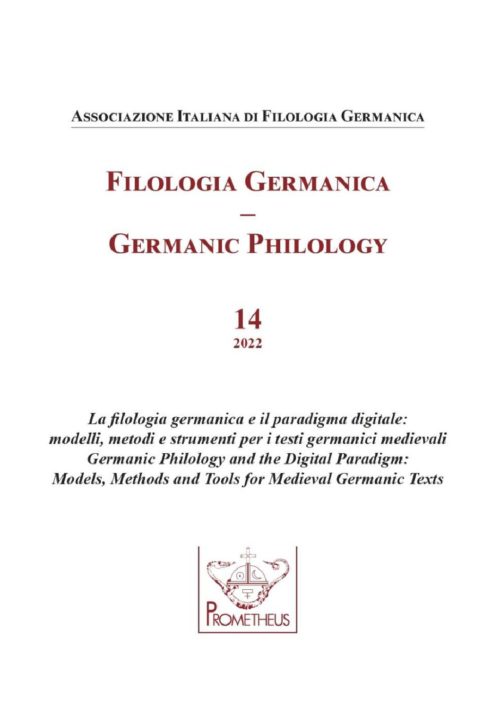Il controllo di autorità come sfida per la filologia. Frequently Asked Question
DOI:
https://doi.org/10.14672/fg.v14i.2533Abstract
Authority control, which originally served the librarian’s request for unambiguous identification and standardised designation of objects, has become an important tool in recent years, especially in the Digital Humanities, to facilitate the automatic exchange of data between independent projects. This article is also addressed to readers outside the Digital Humanities; it aims to raise awareness of the benefits of more projects incorporating authority files into their work in the future. The article explains the purpose and structure of authority control in general and presents an important archive, the Gemeinsame Normdatei (GND), as well as practical examples where authority is applied. Using the example of the medieval concept of literary works, it can be shown which problems can arise when working with authority files; modern concepts of “work” can be applied only partially to medieval textual production. The project Handschriftencensus is presented as an editor of authority records for medieval works. The Project’s goal is to systematically catalogue the entire corpus of medieval German-language manuscripts, and in order to achieve this goal, its task is to set standards for medieval German studies through uniform rules.
Published
Issue
Section
License

This work is licensed under a Creative Commons Attribution-ShareAlike 4.0 International License.
CC-BY-SA



